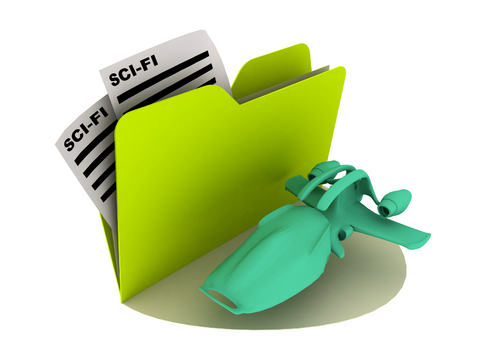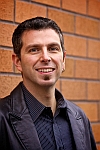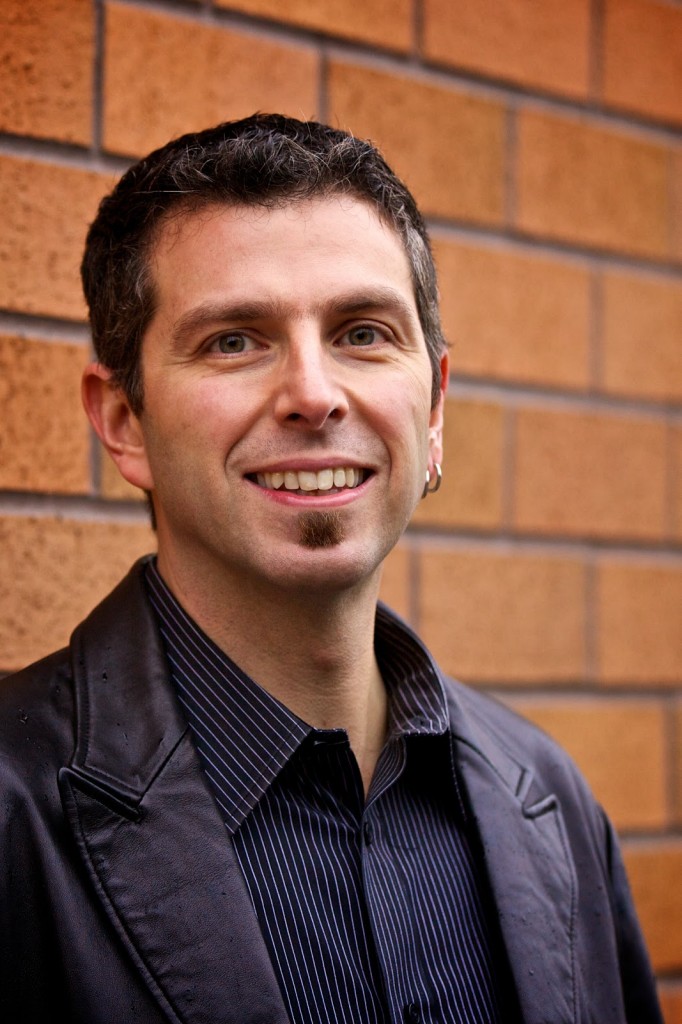Podcast: Play in new window | Download | Embed
Subscribe: RSS
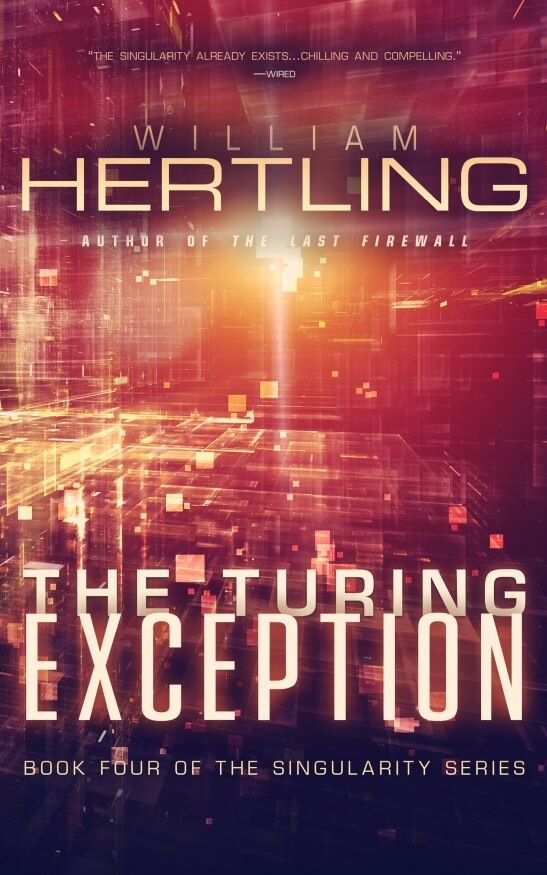 This is my second interview with William Hertling. The first time we met was at Greg Bear’s house near Seattle where we did both a 1on1 interview and a fantastic science fiction panel together with our host and Ramez Naam. So I suggest you start by watching those videos if you have not seen them yet. Today, we are going deeper into artificial intelligence and the technological singularity.
This is my second interview with William Hertling. The first time we met was at Greg Bear’s house near Seattle where we did both a 1on1 interview and a fantastic science fiction panel together with our host and Ramez Naam. So I suggest you start by watching those videos if you have not seen them yet. Today, we are going deeper into artificial intelligence and the technological singularity.
William Hertling is the author of award-winning novels Avogadro Corp: The Singularity Is Closer Than It Appears, A.I. Apocalypse, The Last Firewall, and The Turing Exception
. His plausible scenarios for the technological singularity are emotionally engaging and logically compelling, and I have read all four of his books. So, it was no surprise that, once again, I had a total blast interviewing Herting for my podcast.
During our 70 min conversation with William, we cover his latest book The Turing Exception; a kill-switch for the Internet and other ways to minimize the danger of AI; the impact of reading Our Final Invention; the need for creating AGI/ASI and the democratization of hardware needed to run it; whether it is AI or humanity itself that poses the most significant risk to our existence; science fiction as a social commentary; the importance of ethics; personal development and self-publishing; our chances of surviving the technological singularity…
As always, you can listen to or download the audio file above or scroll down to watch the video interview in full. To show your support, you can write a review on iTunes, make a direct donation, or become a patron on Patreon.
Who is William Hertling?
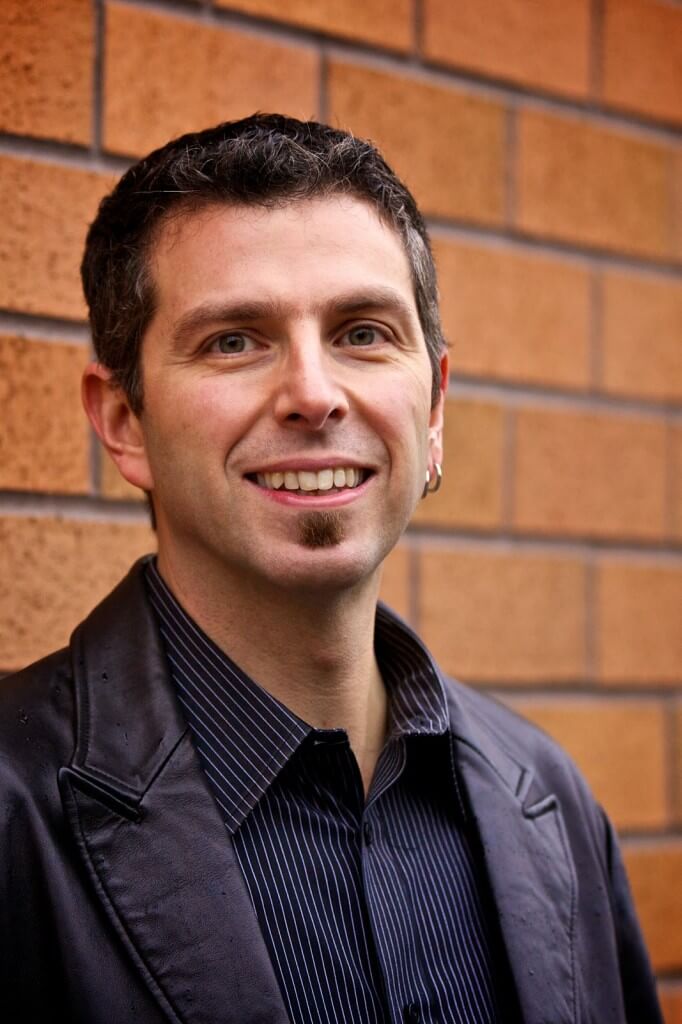 William Hertling is the author of the award-winning novels Avogadro Corp: The Singularity Is Closer Than It Appears, A.I. Apocalypse
William Hertling is the author of the award-winning novels Avogadro Corp: The Singularity Is Closer Than It Appears, A.I. Apocalypse, The Last Firewall and The Turing Exception
. These near-term science-fiction novels about realistic ways strong AI might emerge have been called “frighteningly plausible,” “tremendous,” and “must read.”
Avogadro Corp won Forewords Review Science Fiction Book of the Year, and A.I. Apocalypse was nominated for the Prometheus Award for Best Novel. The Last Firewall was endorsed by tech luminaries, including Harper Reed (CTO of Obama Campaign), Ben Huh (CEO of Cheezburger), and Brad Feld (Foundry Group).
He’s been influenced by writers such as William Gibson, Charles Stross, Cory Doctorow, and Walter Jon Williams.
William Hertling was born in Brooklyn, New York. He grew up a digital native in the early days of bulletin board systems. His first experience with net culture occurred when he wired seven phone lines into the back of his Apple //e to build an online chat system. He currently resides in Portland, Oregon.

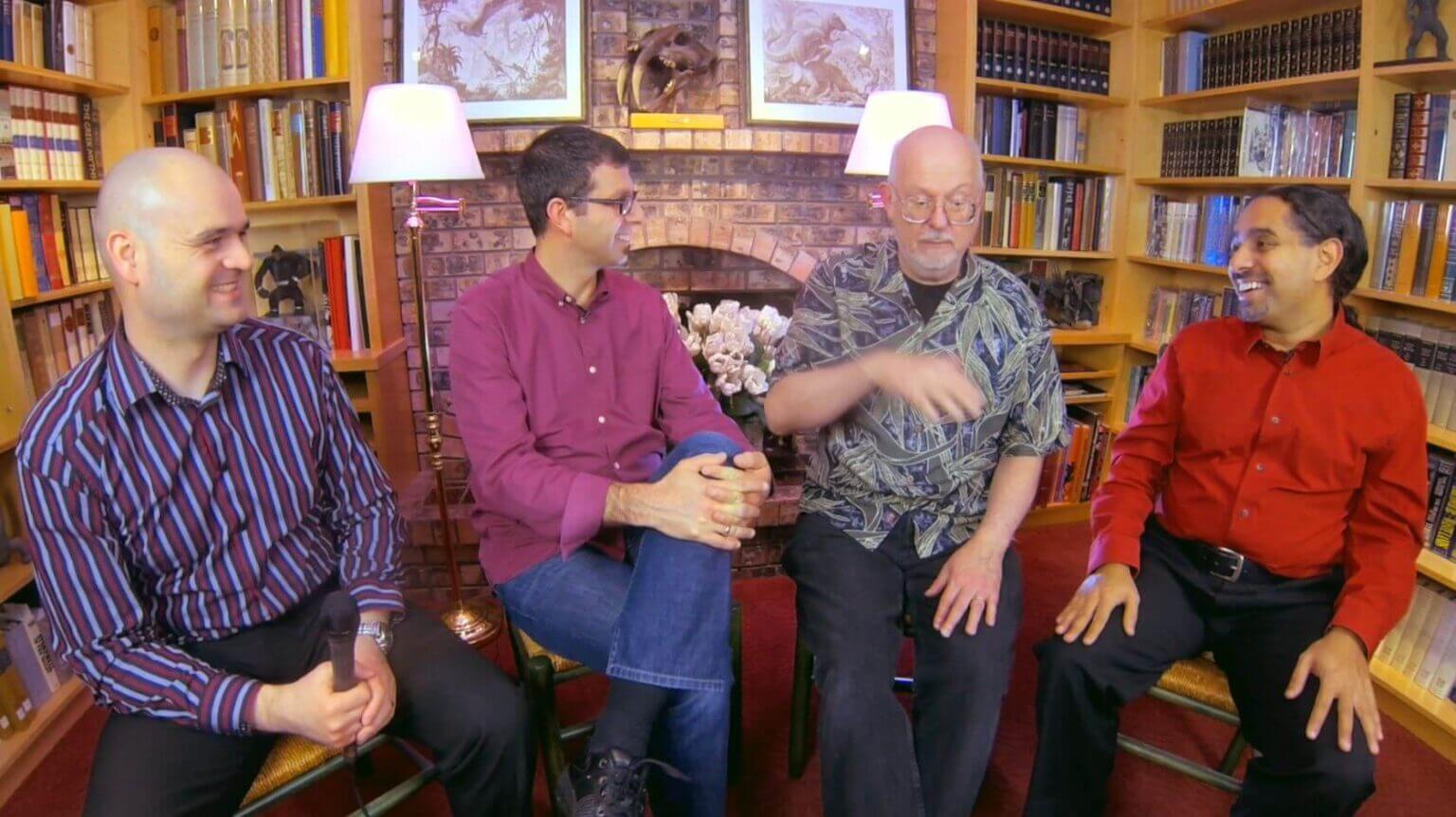 This is the concluding sci fi round-table discussion of my Seattle 1-on-1 interviews with
This is the concluding sci fi round-table discussion of my Seattle 1-on-1 interviews with 